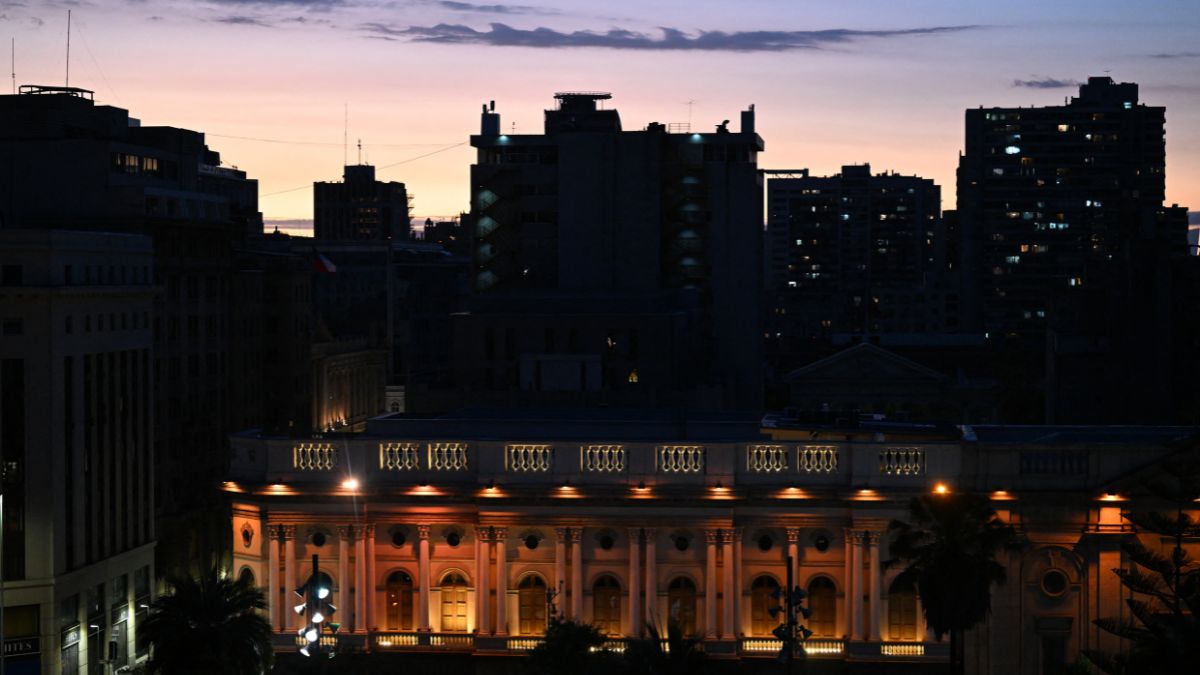Chileans vote on Sunday in a presidential election marked by rising crime and surging immigration, with calls for an “iron fist” and comparisons to Donald Trump’s approach to mass deportations shaping the campaign. Voters face a stark ideological range, with frontrunners including a long-time Communist Party figure and two ultraconservative candidates. Public discontent with the policies of leftist President Gabriel Boric has added to uncertainty over the country’s direction.
Eight candidates are on the ballot, with at least three emerging as leading contenders. They include José Antonio Kast, an ultraconservative promising to “make Chile great again”; Johannes Kaiser, a libertarian viewed as more radical than Kast; and Jeannette Jara, a longstanding Communist Party member who has sought to distance herself from the Boric administration.
Fractured field of frontrunners
Polls place Jara, aged 51 and a former labour minister under Boric, in the lead. Although she represents Chile’s left-wing coalition, her ties to the unpopular government have weighed on her campaign. She has even suggested she might suspend her Communist Party membership if elected. Jara has pledged to boost development through domestic production, strengthen workers’ rights, and raise the minimum wage. Acknowledging mounting security concerns, she has proposed building more prisons, increasing police numbers, and reinforcing border security with advanced technology.
Her closest challenger, Kast, has drawn comparisons with Donald Trump. His platform includes closing the borders and removing some 300,000 people who entered Chile irregularly. Kast has long opposed abortion rights, same-sex marriage, and immigration, and in a previous presidential bid, proposed digging trenches along stretches of the northern border to deter irregular crossings. In past reporting, news agency AP noted that his German-born father had been a member of Hitler’s Nazi party, though Kast has denied this and described his father instead as a forced conscript in the German army.
Kast founded the Republican Party in 2019 and played a key role in bringing extreme right-wing positions into national politics.
Late in the campaign, however, another ultraconservative figure gained ground. Kaiser, a YouTuber turned politician, advanced with proposals centred on a free-market economy, austerity measures and harsher criminal penalties. He suggested in an interview with Agence France-Presse that immigrants with criminal records be sent to El Salvador’s Terrorism Confinement Center, known as Cecot.
Dissatisfied with the Republican Party, Kaiser and four deputies created a new right-wing party in 2024 aligned with libertarian ideas. Speaking to CNN Chile in February 2024, Kaiser said his platform sits further to the right than Kast’s, remarking, “to my right is Genghis Khan.”
)